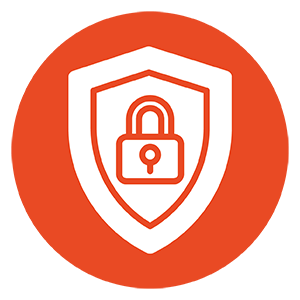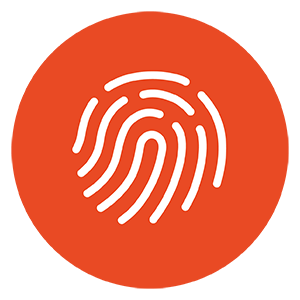Cyber News
Cyber threats are evolving every day, keeping up with them is a full-time job. The WESTprotect Cyber News is your source for how these changes affect you in the real estate, title, mortgage, and settlement services industry. From cyber threats to new Tactics, Techniques, and Procedures (TTP’s) we’ve got you covered.There was a time when the main tech-based worry for any business were viruses. Large companies spent thousands of dollars on antivirus software, while those that didn’t paid the price when one of their client machines became infected. A new threat has emerged over the last decade or so, that is equally as devastating if deployed correctly, but this threat doesn’t target weaknesses in coding, but rather weaknesses in us, the human being. That threat is phishing. Read more >>>
While the age of Big Data has improved our lives in countless ways, there is seemingly an equal number of potential downsides. The exponential rate at which data volume is growing has spawned nonstop cyber-activity intent on using this data for illegal purposes. The danger couldn’t be more extreme – or more real: in today’s internet dominated world, someone seeking to steal sensitive, confidential or proprietary data no longer has to physically breach a facility. Read more >>>
Attackers have launched a phishing campaign on Cisco Webex using WHF and COVID-19 to instill a sense of urgency. Attackers use cloned graphics and formatting design to mimic automated SSL certificate error alerts on Cisco Webex that instruct the user to login and verify their credentials. The ThreatDNA team recommends employees take extra caution when clicking on suspicious URLs and ensure anti-virus and endpoint security solutions are up-to-date. Read more >>>
Hundreds of millions of accounts are compromised every year in data breaches through phishing, malware, and other types of attacks. More than 11.6 billion records have been breached since 2005, according to a running tally by California-based nonprofit Privacy Rights Clearinghouse. Here's how your personal info ends up on the dark web -- and what you can do to protect yourself. Read more >>>
Within the last seven days, Gmail malware scanners have blocked around 18 million phishing and malware emails using COVID-19 lures. The malware scanners implemented by Google can block over 99.9% of all spam, phishing and malware messages sent to Gmail users. Read more >>>
When COVID-19 slammed into the US like a meteor, one corner of life most reshaped by the resulting shockwaves is how we work. Millions of Americans are now working from home for the first time in their lives. As critical as remote work has been to keeping countless businesses alive during the COVID-19 pandemic, it has also proven to be a boon for cyber criminals, who are taking advantage of remote workers’ naiveté and distance from their secure office environments Read more >>>









